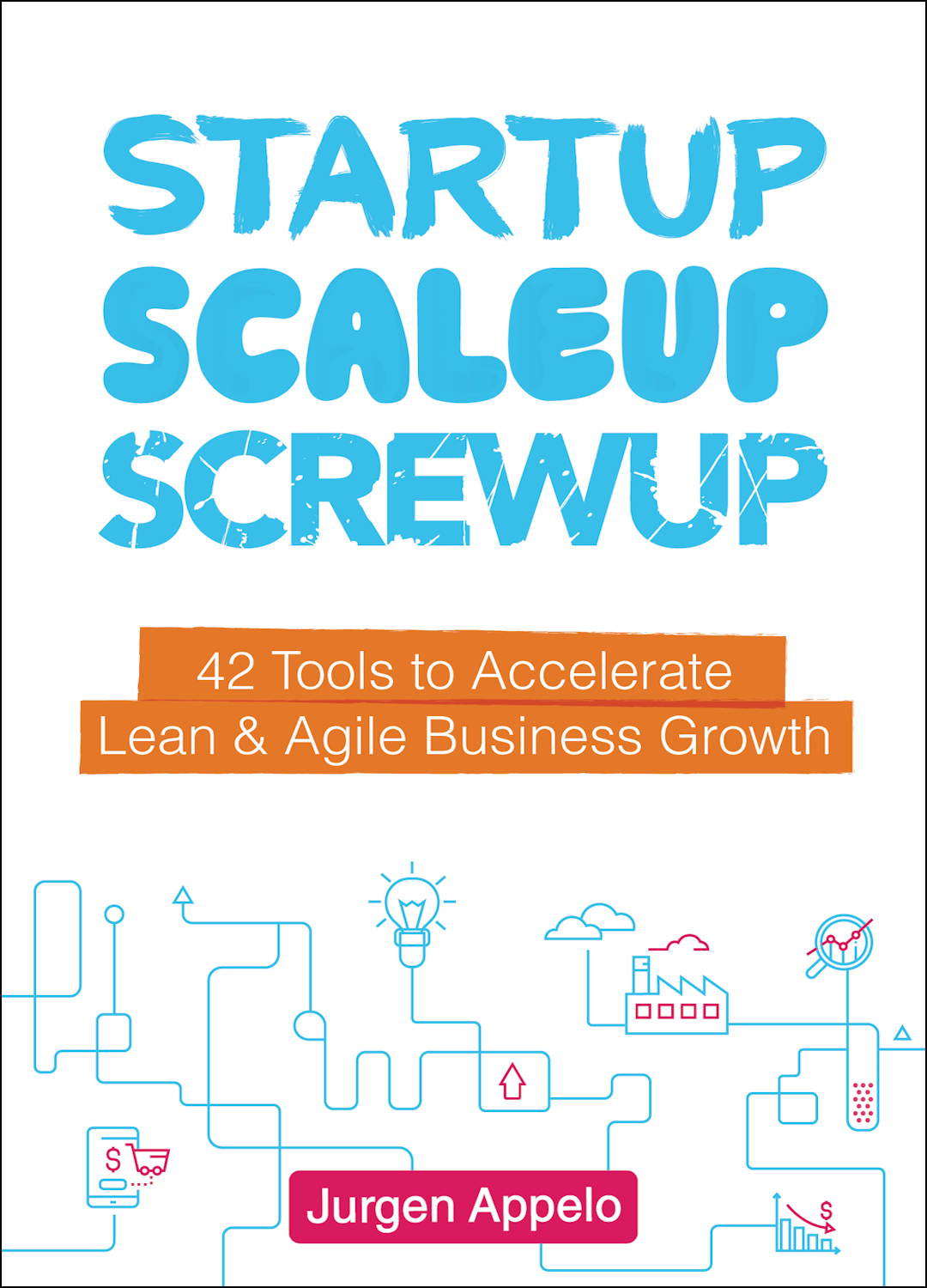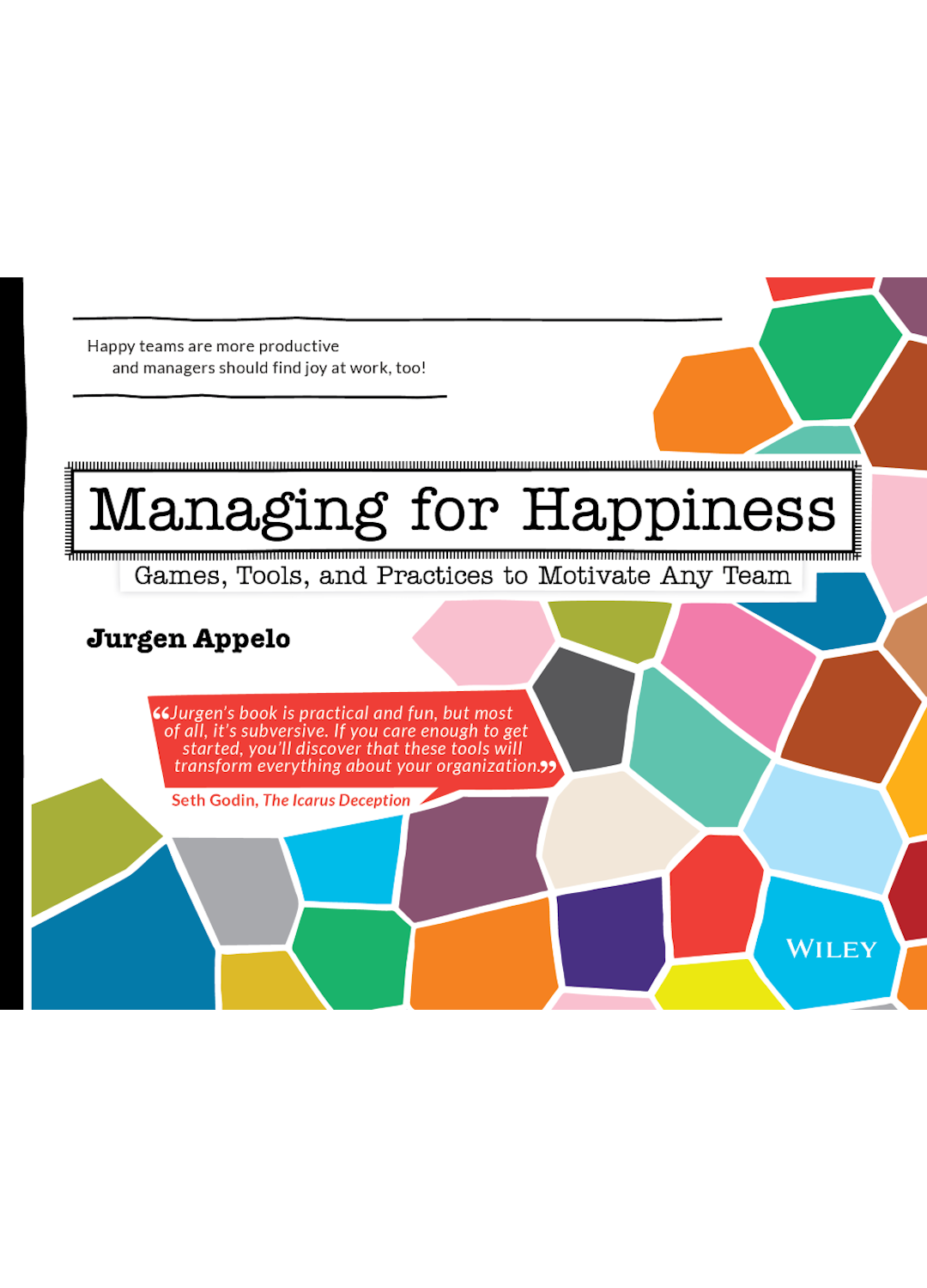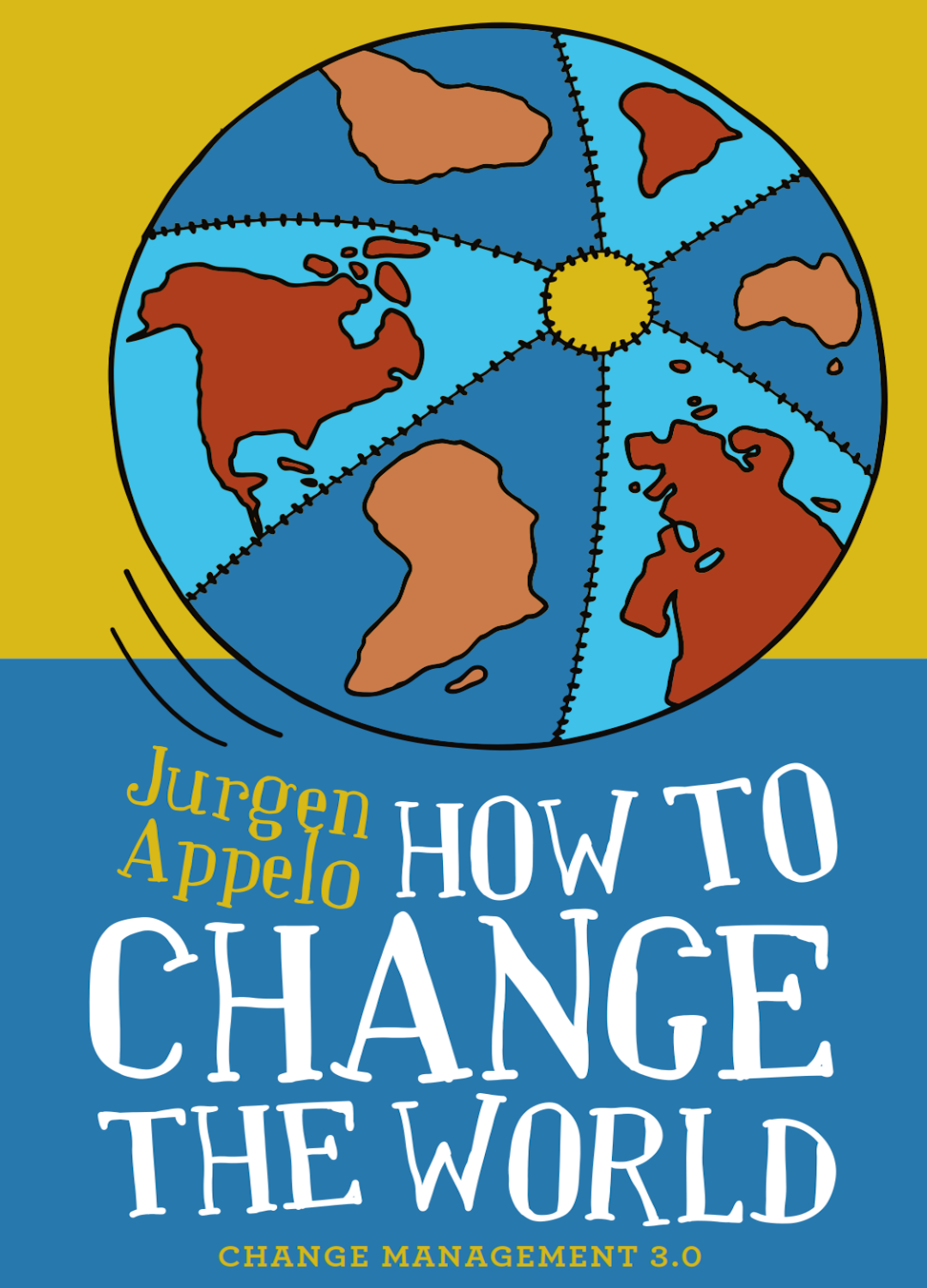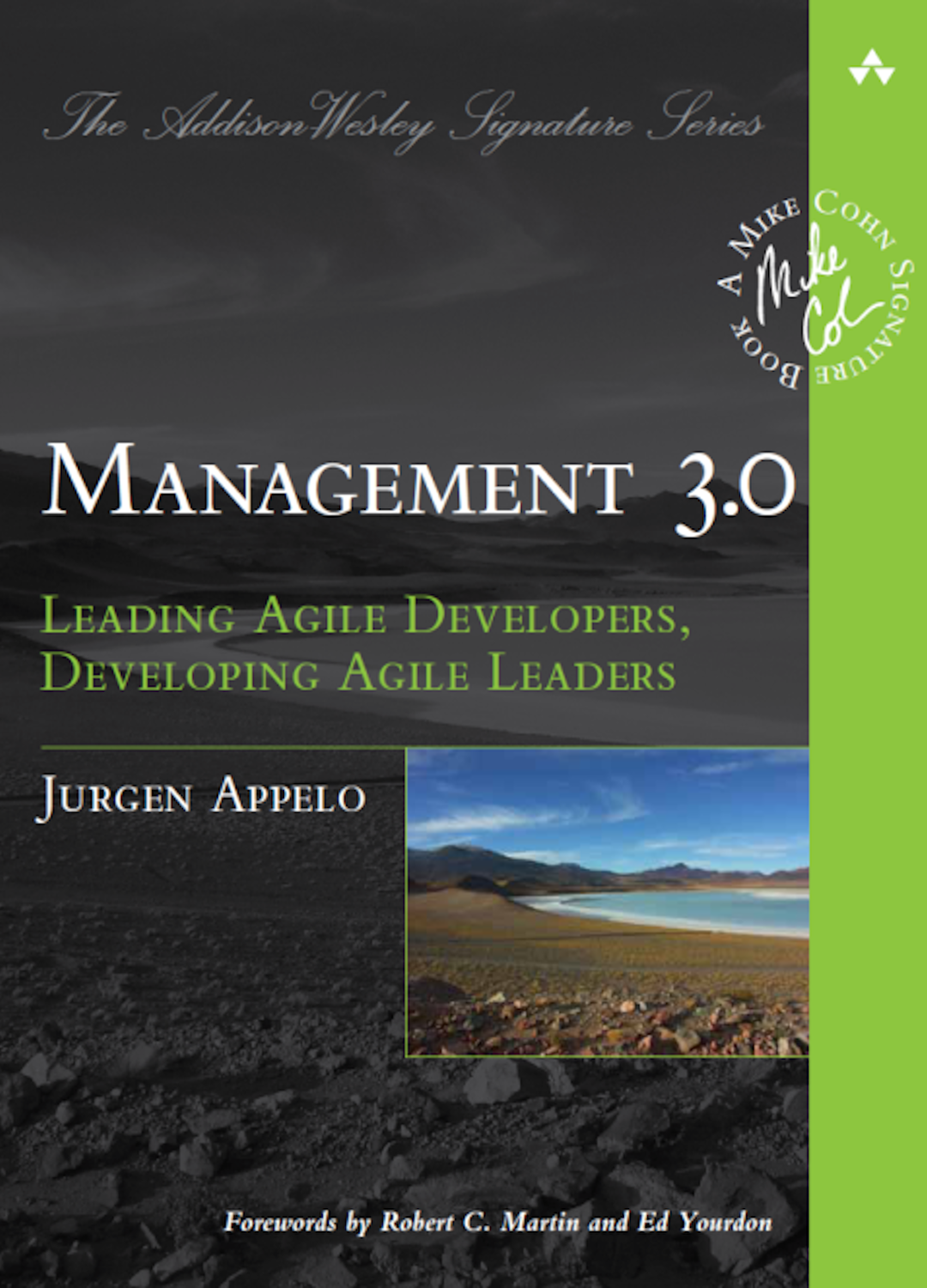Traditional enterprises face increased competition from solopreneurs, DAOs, and nimble startups. In the age of AI, are static corporate models finished? Or are they too big to fail?
Some people are talking about (or perhaps even hoping for) the death of corporations. I may have been one of them. But, do they have a point? Are networked organizations replacing static org structures?
Welcome to my explorations at the intersection of AI leadership, algorithmic management, and the future of work. In this age of AI, I focus on how networked and decentralized organizations can thrive with agentic AI, gig work models, and new approaches to AI management. If you're curious about the evolution of networked organization structures and the role of gig workers in tomorrow’s economy, you’re in the right place. Subscribe to my Substack now.
The narrative is seductive: plucky gig workers and scrappy startups are dismantling the industrial behemoths that once ruled the economy. "Remote work killed the office." "AI is democratizing everything." "Traditional corporations are dinosaurs lumbering toward extinction."
Here's one recent article that helps us lean into this narrative:
"Self-Employment Hits Record High as 58 Million Americans Choose Independence Over Traditional Jobs" - Under30CEO.com
But here's the problem with seductive narratives—they're usually wrong.
The reality is—I'm afraid to admit—far messier and more interesting than Substack authors and LinkedIn thought leaders would have you believe. Yes, the ground is shifting beneath corporate feet. But before we write obituaries for the Fortune 500, let's look at what's actually happening.
(For this deep dive, I got help from my teammates Gemini and Claude. They're awesome.)
The Rise of the "I'll Do It Myself" Economy
The flexible economy isn't just about Uber drivers anymore. It has evolved into something far more complex—a three-headed hydra of gig workers, AI-powered solopreneurs, and blockchain-based decentralized organizations that makes traditional HR departments break out in cold sweats.
The Gig Economy Isn't Just Side Hustles Anymore
The numbers tell a story that should make every corporate executive pay attention. One in three Americans—Yes, most available data is still skewed towards the US—now engage in flexible work. That's double the rate from just three years ago. More telling: 37% of gig workers now consider it their primary income source and more than half of Millennials treat gig work as their primary source of income. Only 8% plan to crawl back to traditional employment.
But here's where it gets interesting—and where most analyses go wrong. The majority of gig work still supplements traditional employment rather than replacing it. This isn't about people fleeing corporate jobs en masse. It's about people hedging their bets, diversifying their income streams, and—most importantly—investing their creative energy elsewhere.
Think about it: your best employees might still show up at the office, but their discretionary effort is going into their side hustle. Their innovative thinking? That's reserved for the startup they're building in the evenings and on the weekends. Corporations aren't losing bodies—they're losing minds.
"Your best employees might still show up at the office, but their discretionary effort is going into their side hustle."
The AI-Powered David Economy
Then there are the solopreneurs—the millions of people running businesses without employees, generating $1.74 trillion annually in the U.S. alone. That's 6% of U.S. GDP from people who decided they'd rather work for themselves than put up with your corporate policies and other bullshit.
AI has turned this from a lifestyle choice into a legitimate competitive threat. Today's solopreneur can build automated content empires, create and sell digital products at scale, and provide services that used to require entire departments. They're not just competing on price—they're competing on speed, personalization, and the ability to pivot faster than your quarterly OKRs planning cycle.
The DAO Wild Card
Here's where things get really weird, or interesting, depending on your perspective: Decentralized Autonomous Organizations (DAOs) are sitting on $30 billion in collective treasuries. That's not venture capital or corporate R&D—that's community-owned money funding projects completely outside traditional structures.
Sure, DAOs are still nascent and their user experience is an absolute nightmare that only the toughest of DeFi nerds want to put up with. But millions of governance token holders are already taking part in this new form of organization. The top DAOs control huge treasuries, enough to fund serious R&D, acquire talent, and compete with traditional corporations.
Why People Are Jumping Ship (And It's Not About Money)
The corporate talent problem isn't really about compensation—it's about everything else. The data is brutal:
-
Workers cite toxic workplace culture as their primary reason for quitting
-
Hourly workers prefer flexible scheduling over everything else
-
Most gig workers would choose flexible schedules over higher pay
-
Full-time independent workers feel more secure working independently than in traditional jobs
Read that last one again. People feel safer outside the corporate system than inside it. That's not just a labor market shift—that's a complete loss of faith in the social contract that built modern employment.
"People feel safer outside the corporate system than inside it."
The reasons are clear: Workers want flexibility, autonomy, skill development, and an escape from the "we're a family" corporate gaslighting. They're tired of being asked to "wear many hats" without compensation or clarity. They've watched layoffs happen regardless of performance and concluded that employment security is a myth.
Meanwhile, CEOs are responding with ... return-to-office mandates and "AI-first" memos.
Good luck with that.
The Small Business Job Machine
While everyone's obsessing over unicorn startups, small and medium enterprises are quietly eating the corporates' lunch when it comes to job creation. In the U.S., SMEs have contributed 55% of net job creation over the past decade and over 70% since 2019.
But here's the nuance: much of the recent entrepreneurship surge is creating non-employer businesses—more solopreneurs rather than traditional job-creating companies. The "high-propensity" business applications (those actually planning to hire) have been declining for fifteen consecutive months as of 2025.
This tells us something important: people aren't just starting businesses to scale and hire. They're starting businesses to escape. The gig economy is serving as an incubator for future entrepreneurs, providing a pathway to test ideas, build skills, and accumulate capital with reduced risk.
"People aren't just starting businesses to scale and hire. They're starting businesses to escape."
The Innovation Paradox
But here's where the "corporations are dying" narrative falls apart. Yup, I'm sorry. We haven't won the war yet. While startups excel at disruptive innovation—they're more likely to commercialize breakthrough technologies and bring university research to market—large corporations still dominate the innovation game by almost every measure.
The top 1.5% of patenting firms (all large corporations) account for 48% of all patents. The biggest 50 U.S. companies receive over 30% of all utility patents. Large companies are nearly five times more likely to develop new technology in-house and four times more likely to introduce new market innovations.
However … startup patents are more likely to be truly disruptive. While corporations generate a higher volume of incremental innovations, startups focus on smaller numbers of potentially game-changing breakthroughs.
The result is a symbiotic ecosystem where startups generate radical ideas and corporations scale them through acquisition or partnership. The 90% startup failure rate acts as a natural filter, leaving only the most resilient innovations to challenge incumbents. In a way, the global startup scene is the open innovation hub of the world's major enterprises. The big corporations wait to see which startup innovations succeed and then gobble up the best of them.
"Startups generate radical ideas and corporations scale them through acquisition or partnership."
The Money Trail Tells the Real Story
Follow the money, and the picture becomes even more complex. Venture capital hit $702 billion in 2021 before moderating to $313-392 billion in 2024.
But here's what the headlines miss: Microsoft and Amazon each invested up to $20 billion in AI infrastructure in 2024. The "Stargate project" involving Microsoft, OpenAI, SoftBank, and Oracle aims for $500 billion in infrastructure investment. Corporate R&D spending dwarfs venture capital, and the biggest corporations are often the ultimate beneficiaries of the startup ecosystem through strategic acquisitions.
Meanwhile, market concentration has been increasing in many industries. The average industry market share held by the top four firms rose from 30% in the 1990s to over 40% in the 2010s. IT investment favors larger firms, giving them scale advantages that smaller competitors can't match.
Pity.
The Regional Reality Check
The flexible economy and startup dynamics play out differently across regions, shaped by capital access, regulatory environments, and cultural factors.
In the U.S., you've got the most dynamic gig economy, the strongest startup ecosystem, and the most venture capital. But you also have the most market concentration and the most powerful corporate incumbents.
Europe has a strong SME sector and growing flexible work, but European startups face greater challenges accessing growth capital. They often can't scale fast enough to seriously threaten established players.
Asia presents the most interesting case: massive SME employment (over 96% of businesses), rapid digitalization, and the world's second-largest startup ecosystem. But VC funding has slowed, and the relationship between family-controlled conglomerates and smaller enterprises creates unique dynamics.
The Uncomfortable Truth
So are traditional corporations losing ground? 🤔
The answer is both yes and no, depending on what you measure. Pick your favorite metric and you can always claim you're right.
Large corporations are losing ground on:
-
Talent attraction and retention
-
Control over work arrangements
-
Monopoly on innovation pathways
-
Net job creation
-
Worker loyalty and engagement
They're not losing ground on:
-
Overall market share and concentration
-
Total revenue and economic output
-
R&D spending and patent volume
-
Ability to scale and distribute innovations
-
Access to capital and strategic resources
The real story isn't corporate decline—it's corporate adaptation under pressure. The smartest ones of the bunch are rapidly evolving. They're embracing hybrid work, investing in corporate culture, using more flexible workers, and treating M&A as their external R&D pipeline.
The dumbest of the corporates are fighting return-to-office battles, sending out one corporate AI memo after the other, and wondering why their best people keep leaving.
What This Means for the Future
It may disappoint some people—ahem … like me … ahem—to acknowledge that we're not witnessing the death of large corporations. Yet. We're watching the birth of a more complex, interconnected economic ecosystems that I've started to call Networked Agentic Organizations. The future likely belongs to highly empowered individual economic actors in specialized niches alongside dominant "superstar" corporations in core sectors. While gig workers and solopreneurs will increasingly collaborate in networked ecosystems, traditional corporations must keep flattening and decentralizing to compete in the free economy. Most likely, both forms of organization will meet each other in the middle: as Networked Agentic Organizations. Both must operate as decentralized, AI-driven companies, small and large.
The entities most at risk are mid-sized companies that lack both the agility of small players and the scale advantages of giants. A perfect example of the Barbell Effect if there ever was one.
Summarizing, technology presents a fascinating paradox: it democratizes tools and market access for individuals and small firms while enabling unprecedented scale and efficiency for large corporations. AI empowers solopreneurs to build digital empires, but it also helps mega-corporations achieve levels of automation and market dominance that would make the robber barons of old blush with envy.
The Adapt-or-Wane Imperative
The combined pressures from evolving worker expectations, AI-enabled micro-competitors, agile startups, and SME job creation prowess mean that, yes, static corporate models are finished. But that doesn't mean large enterprises are a thing of the past.
"Yes. Static corporate models are finished."
The winners will be companies that genuinely transform their cultures, embrace meaningful flexibility, and develop agile mechanisms to compete with or integrate external innovation. The losers will be those that resist fundamental change or mistake surface-level adaptations for real transformation.
The traditional employer-employee contract is transitioning from the default option to one of several viable paths. This isn't just changing how we work—it's changing how we think about work, security, and economic participation.
No, corporations are not dying, it almost pains me to admit. But they are being forced to evolve, which is a good thing. The question isn't whether big companies will survive—it's whether they'll be smart enough that they deserve to.
What do you think? Are large enterprises lying dead in the water?
Jurgen
https://substack.jurgenappelo.com/p/from-dao-to-nao
https://substack.jurgenappelo.com/p/when-networked-agentic-organization
https://substack.jurgenappelo.com/p/the-barbell-effect-quality-vs-quantity
Sources
-
How many gig workers are there? - Gig Economy Data Hub, https://gigeconomydata.org/basics/how-many-gig-workers-are-there.html
-
Has the Gig Economy Replaced Traditional Jobs Over the Last Two Decades? Evidence from Tax Returns, https://conference.iza.org/conference_files/Statistic_2019/garin_a28234.pdf
-
AI-powered solopreneurs: The Rise of the New Digital Elite | E-SPIN Group, https://www.e-spincorp.com/solopreneurs-ai-digital-elite/
-
DAO Growth Stats: Treasury Sizes, Governance Votes & Activity, https://patentpc.com/blog/dao-growth-stats-treasury-sizes-governance-votes-activity
-
The Rise of Public Blockchain Unicorns: Rethinking DAO Governance for Enterprise Adoption - GFT, https://www.gft.com/int/en/blog/dao-governance-for-enterprise-adoption
-
The 2025 State of the Flexible Workforce report: Key insights for businesses, https://www.instawork.com/blog/the-2025-state-of-the-flexible-workforce-report-key-insights-for-businesses
-
More Than One-Third of Gig Workers Rely on Gig Work as Primary Source of Income, https://newsroom.transunion.com/more-than-one-third-of-gig-workers-rely-on-gig-work-as-primary-source-of-income/
-
Employment statistics - digital platform workers - Statistics Explained - Eurostat, https://ec.europa.eu/eurostat/statistics-explained/index.php?title=Employment_statistics_-_digital_platform_workers
-
Remote Work Economy Index: Trends & Statistics (2025) - FlexJobs, https://www.flexjobs.com/blog/post/flexjobs-remote-work-economy-index
-
Why flexible work is the new standard in hourly jobs - World Economic Forum, https://www.weforum.org/stories/2025/04/why-flexible-work-is-the-new-standard-in-hourly-jobs/
-
What Does the Future of Employment Look Like? 4 Predictions for the Future of Work, https://www.success.com/predictions-for-the-future-of-work/
-
Gig economy platforms: Boon or Bane? | OECD, https://www.oecd.org/en/publications/gig-economy-platforms-boon-or-bane_fdb0570b-en.html
-
New gig work or changes in reporting? | OECD, https://www.oecd.org/en/publications/new-gig-work-or-changes-in-reporting_26465814-en.html
-
Gig economy may serve as a substitute for those seeking other, more permanent work, https://blog.kelley.iu.edu/2025/03/03/gig-economy-may-serve-as-a-substitute-for-those-seeking-other-more-permanent-work/
-
The Future of Work: Balancing Flexibility, Productivity, and Well-being - Insighture, https://www.insighture.com/blogs/the-future-of-work-balancing-flexibility-productivity-and-well-being
-
The Rise of Hybrid Work: Redesigning Work-Life Balance - Radancy Blog, https://blog.radancy.com/2025/02/06/the-rise-of-hybrid-work-redesigning-work-life-balance/
-
The Number of Businesses in the USA and Statistics for 2024, https://www.clearlypayments.com/blog/the-number-of-businesses-in-the-usa-and-statistics-for-2024/
-
The Importance Of SMEs On World Economies - avekon, https://www.avekon.org/papers/2265.pdf
-
The Role of SMEs in Asia and Their Difficulties in Accessing Finance, https://www.adb.org/publications/role-smes-asia-and-their-difficulties-accessing-finance
-
Championing Europe's SMEs: Commission provides new relief to boost competitiveness, https://www.pubaffairsbruxelles.eu/eu-institution-news/championing-europes-smes-commission-provides-new-relief-to-boost-the-competitiveness-and-resilience-of-smes/
-
Small businesses continue to outpace large businesses in job creation, https://www.bls.gov/opub/ted/2025/small-businesses-continue-to-outpace-large-businesses-in-job-creation.htm
-
Small businesses contributed 55 percent of total net job creation from 2013 to 2023, https://www.bls.gov/opub/ted/2024/small-businesses-contributed-55-percent-of-the-total-net-job-creation-from-2013-to-2023.htm
-
Small Business and Entrepreneurship in the Post-COVID Expansion, https://home.treasury.gov/news/featured-stories/small-business-and-entrepreneurship-in-the-post-covid-expansion
-
New 2024 SME performance review: SMEs driving job creation despite high inflation, https://single-market-economy.ec.europa.eu/news/new-2024-sme-performance-review-smes-driving-job-creation-despite-high-inflation-2024-07-04_en
-
Small business startups: The beat goes on. Or does it? - ADP Research, https://www.adpresearch.com/small-business-startups-the-beat-goes-on-or-does-it/
-
The National Economic Council Gets It Wrong on the Roles of Big and Small Firms in U.S. Innovation | ITIF, https://itif.org/publications/2023/07/20/nec-gets-it-wrong-on-roles-of-big-and-small-firms-in-us-innovation/
-
Startups Drive Commercialization of High-Impact Innovations | NBER, https://www.nber.org/be/20231/startups-drive-commercialization-high-impact-innovations
-
Startup Success Rates by Industry: What the Stats Say - WinSavvy, https://www.winsavvy.com/startup-success-rates-by-industry-what-the-stats-say/
-
Venture investments in startups, scale-ups and AI: 2024 - 2025, https://www.cdp.center/post/venture-investments-in-startups-scale-ups-and-artificial-intelligence-2024---2025
-
A Decade of Startup Dynamics: Europe, USA, and China - Skale Egenkapital, https://skaleegenkapital.com/2025/03/11/a-decade-of-startup-dynamics-europe-usa-and-china/
-
Strategies for European Startups to Reach $100M Revenue - J.P. Morgan, https://www.jpmorgan.com/insights/business-planning/strategies-for-european-startups-to-reach-100m-revenue
-
Few Bright Spots In Asia's Slowing Venture Market - Crunchbase News, https://news.crunchbase.com/venture/asia-funding-slows-china-tariffs-q1-2025/
-
How IT Affects Firm Size, Market Concentration, and the Labor Share, https://www.promarket.org/2023/06/19/how-it-affects-firm-size-market-concentration-and-the-labor-share/
-
New approaches to measure (increasing) concentration in Europe - CEPR, https://cepr.org/voxeu/columns/new-approaches-measure-increasing-concentration-europe
-
Startups vs. Corporate: How to Compete and Win - Henry Hire, https://henryhire.com/articles/career-resources/startups-vs-corporate-how-to-compete-and-win
-
How can a small startup compete against a well-established industry leader? - Reddit, https://www.reddit.com/r/startups/comments/1hs65b5/how_can_a_small_startup_compete_against_a/
-
Self-employment statistics - Eurostat, https://ec.europa.eu/eurostat/statistics-explained/index.php/Self-employment_statistics
-
Spring 2025 Economic Forecast: Moderate growth amid global economic uncertainty, https://economy-finance.ec.europa.eu/economic-forecast-and-surveys/economic-forecasts/spring-2025-economic-forecast-moderate-growth-amid-global-economic-uncertainty_en
-
Asia's Next Growth Frontier - International Monetary Fund (IMF), https://www.imf.org/en/News/Articles/2025/03/05/sp030525-md-asias-next-growth-frontier
-
New study shows gig economy as viable pathway to entrepreneurship, https://giesbusiness.illinois.edu/news/2025/04/28/new-study-shows-gig-economy-as-viable-pathway-to-entrepreneurship















